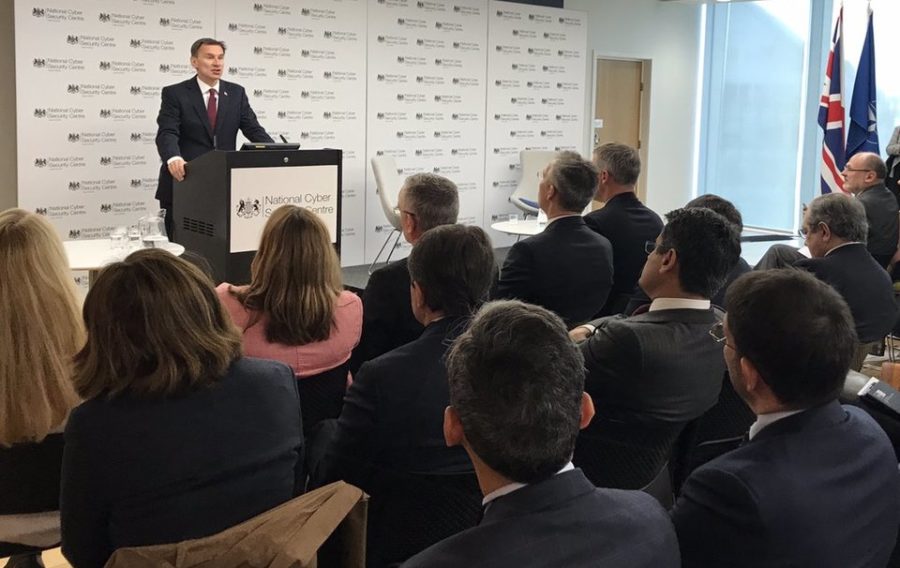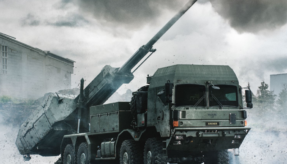
Jeremy Hunt encouraged collaborating with NATO in order to strengthen cyber defence in a speech at the National cyber Security Centre.
The foreign secretary emphasised the growing need for cyber defence in the face of attacks from authoritarian regimes. He noted the threat of the Russian government targeting information systems to undermine infrastructure.
Jeremy Hunt said: “Together, NATO countries have become better at defending themselves against dangers in cyber space.”
“But we should not be content with just making ourselves tougher targets – crucial though that is. Our primary goal must be to deter this kind of behaviour from happening in the first place.”
“NATO is the most successful military alliance in history precisely because of our collective power of deterrence, and that prevented nuclear war and helped to keep the peace for 70 years. Our profound insight is that strength is the surest guarantee of peace – and when we stand together, no aggressor can hope to win a war so it never makes sense to start one.”
“The challenge today is therefore to apply the eternal verities at the heart of NATO’s success to the Alliance’s newest operational domain. And that means deterrence – strengthening our joint ability to deter those who would harm our citizens in cyberspace.”
One particular focus was the threat of interference in elections and encouraged preventing attacks before they can happen. He said that NATO must strengthen its deterrence as well as response order to reduce the threat of cyber attacks on democracy.
If you would like to join our community and read more articles like this then please click here.
cyber attacks Cyber defence cyber security hackers Jeremy Hunt National Cyber Security Centre NATO








